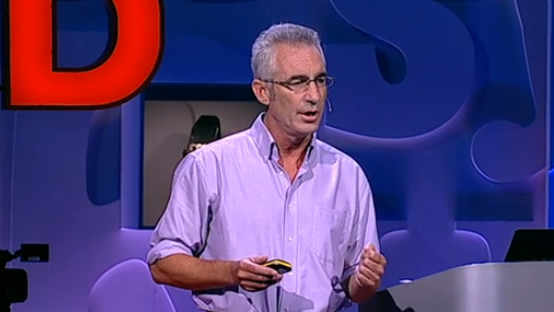 It would be easy to make the case that the more wealth people have, the more they contribute to societal good, both in terms of donations to charity and in the impact that those acts of giving can have on others.
It would be easy to make the case that the more wealth people have, the more they contribute to societal good, both in terms of donations to charity and in the impact that those acts of giving can have on others.
However, this view may be a bit skewed, as the dollar amounts of philanthropic donations from wealthier people may be larger, when compared to what the average person gives, but as a percentage of their income, it turns out that the poorest Americans actually give quite a bit more:
“In 2011, the wealthiest Americans—those with earnings in the top 20 percent—contributed on average 1.3 percent of their income to charity.
By comparison, Americans at the base of the income pyramid—those in the bottom 20 percent—donated 3.2 percent of their income.” – The Atlantic
Some interesting insights into the factors that can affect the empathy and compassion of people in different income brackets come from the work of social psychologist Paul Piff, who has run a number of studies and experiments on the effects that wealth can have on interpersonal relationships.
A paper he published last year, “Higher Social Class Predicts Increased Unethical Behavior” was met with quite a bit of skepticism from those who felt his work had a “leftist agenda”, but he maintains that his results “are apolitical.”
“What we’ve been finding across dozens of studies and thousands of participants across this country is that as a person’s levels of wealth increase, their feelings of compassion and empathy go down, and their feelings of entitlement, of deservingness, and their ideology of self-interest increases.
In surveys, we found that it’s actually wealthier individuals who are more likely to moralize greed being good, and that the pursuit of self-interest is favorable and moral.” – Paul Piff
Here’s Piff’s presentation at TEDxMarin, and it’s well worth the 16 minutes, even if you happen to disagree with his findings, as he shares a surprising finding about wealth and generosity near the end of the talk:
If you’ve got an hour to spend, there’s more coverage of Piff’s research, as well as other insights into income equality (the “wealth gap”) in this documentary film from Academy-Award winning director Alex Gibney: Park Avenue: Money, Power, and the American Dream


